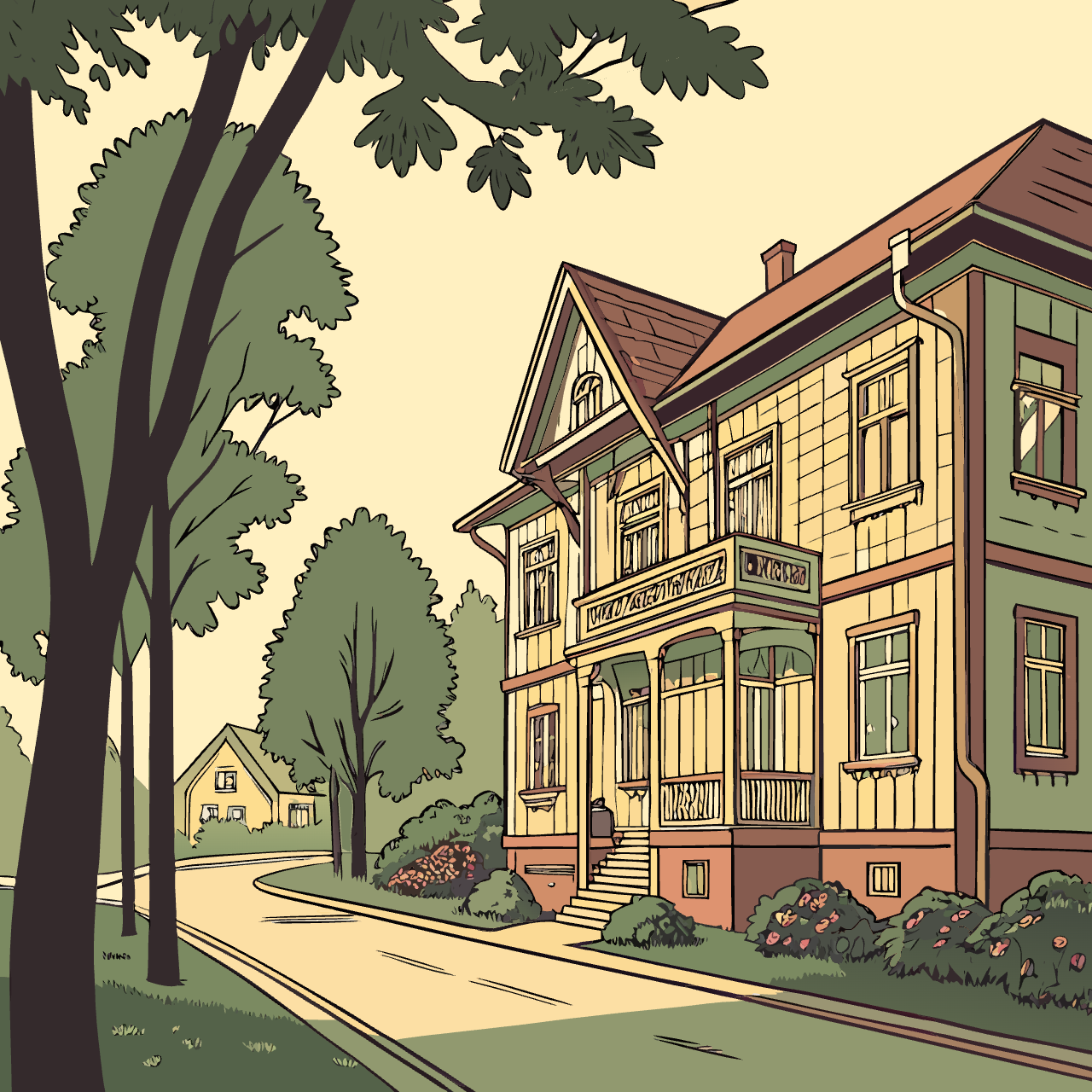Žvėrynas Bridge
Plot a stop at Žvėrynas Bridge while exploring Žvėrynas.

Cross the bridge from the city center and you'll find Žvėrynas, one of Vilnius's greenest and most prestigious districts. Known for its charming historic wooden houses nestled among modern apartments and embassies, the neighborhood has a tranquil, suburban feel. Its proximity to the Neris River and the vast Vingis Park makes it ideal for nature lovers and families.
The district is a protected heritage area, preserving over a hundred unique wooden villas from the late 19th and early 20th centuries.
A pedestrian bridge provides direct access to the city's largest park, a hub for concerts, sports, and relaxation.
Plot a stop at Žvėrynas Bridge while exploring Žvėrynas.
A pedestrian bridge provides direct access to the city's largest park, a hub for concerts, sports, and relaxation.
Plot a stop at Kenesa (Karaite prayer house) while exploring Žvėrynas.
Plot a stop at St. Catherine's Church while exploring Žvėrynas.
The district is a protected heritage area, preserving over a hundred unique wooden villas from the late 19th and early 20th centuries.
It's a popular neighborhood for diplomats and expats due to the high concentration of embassies.